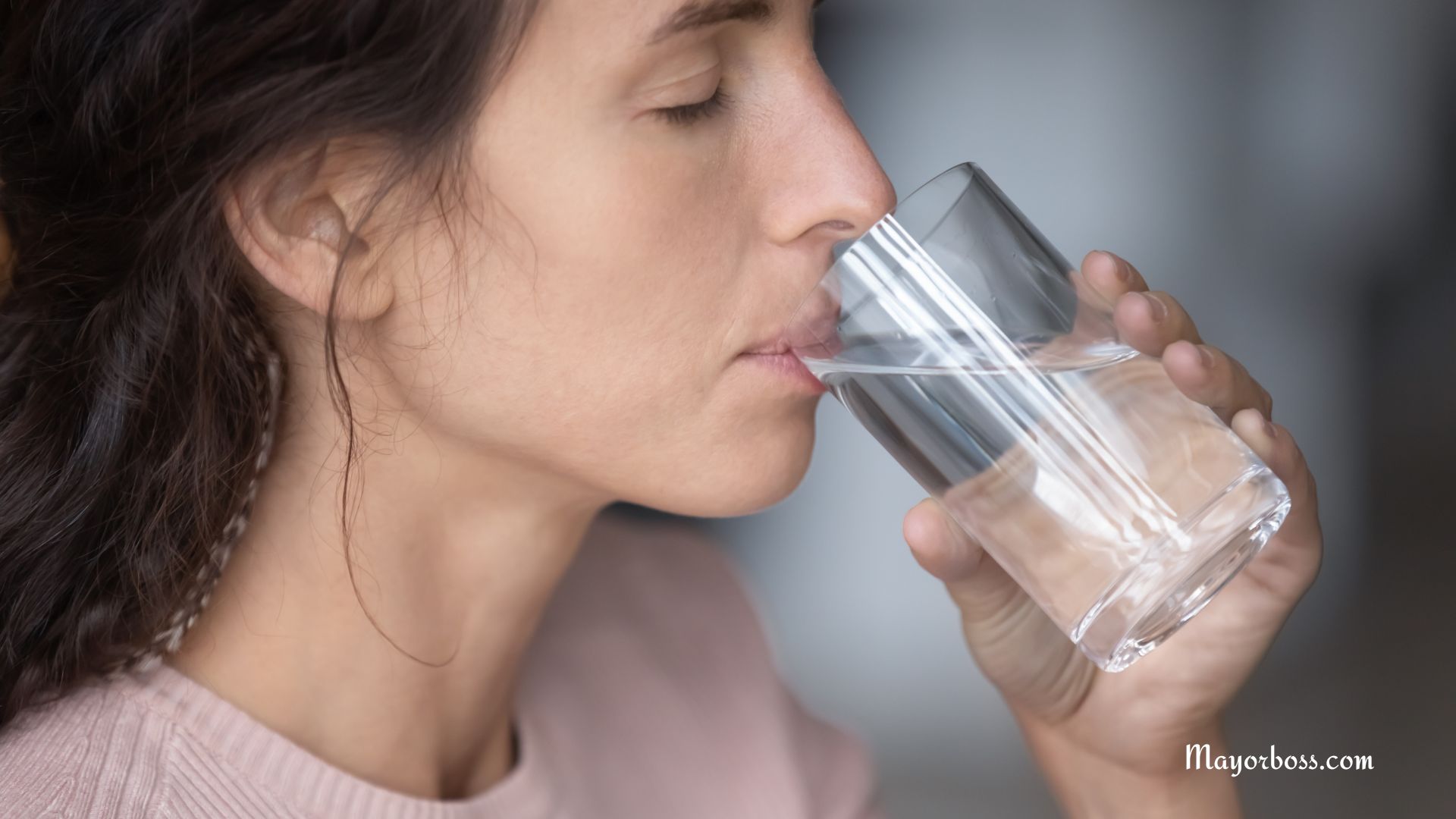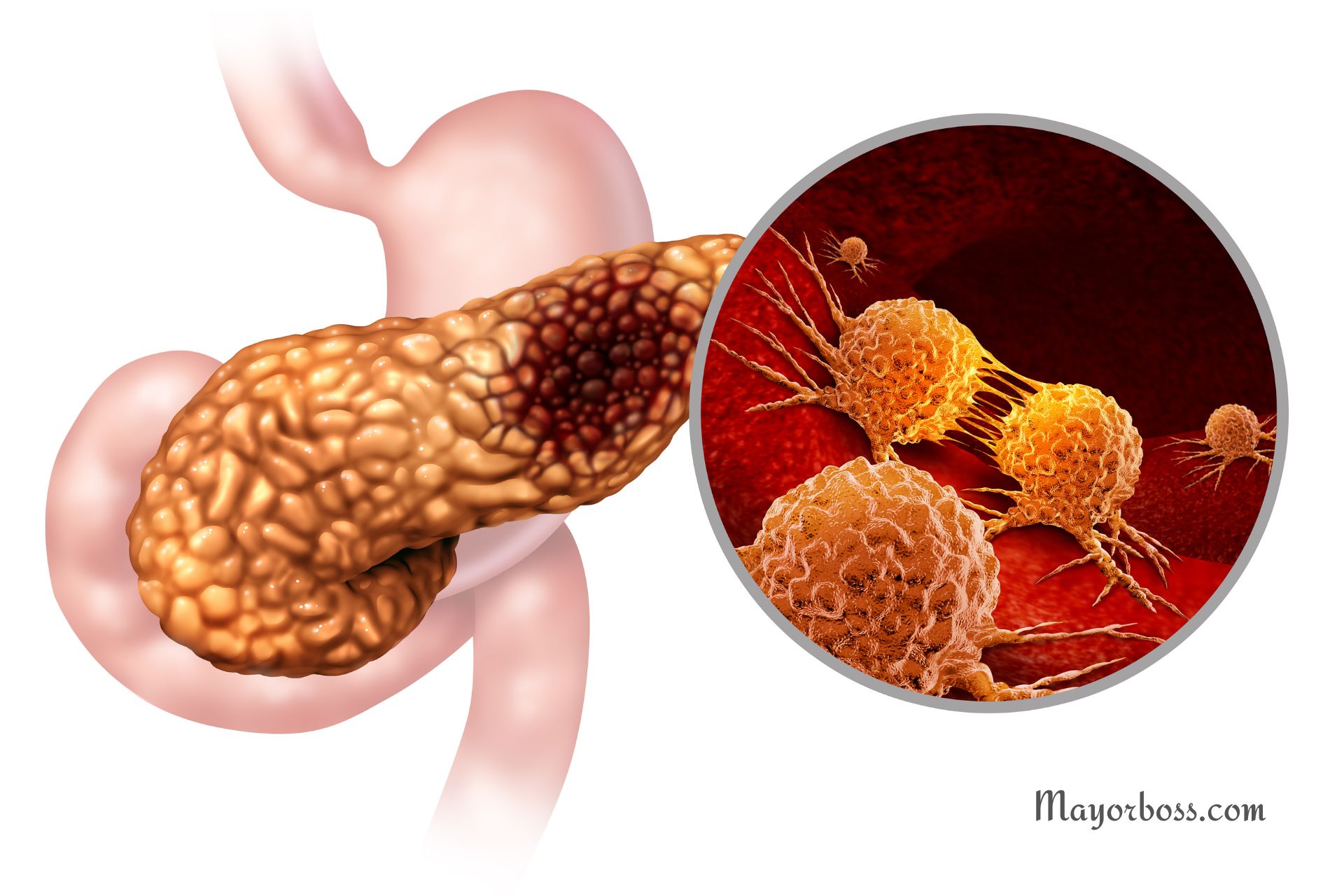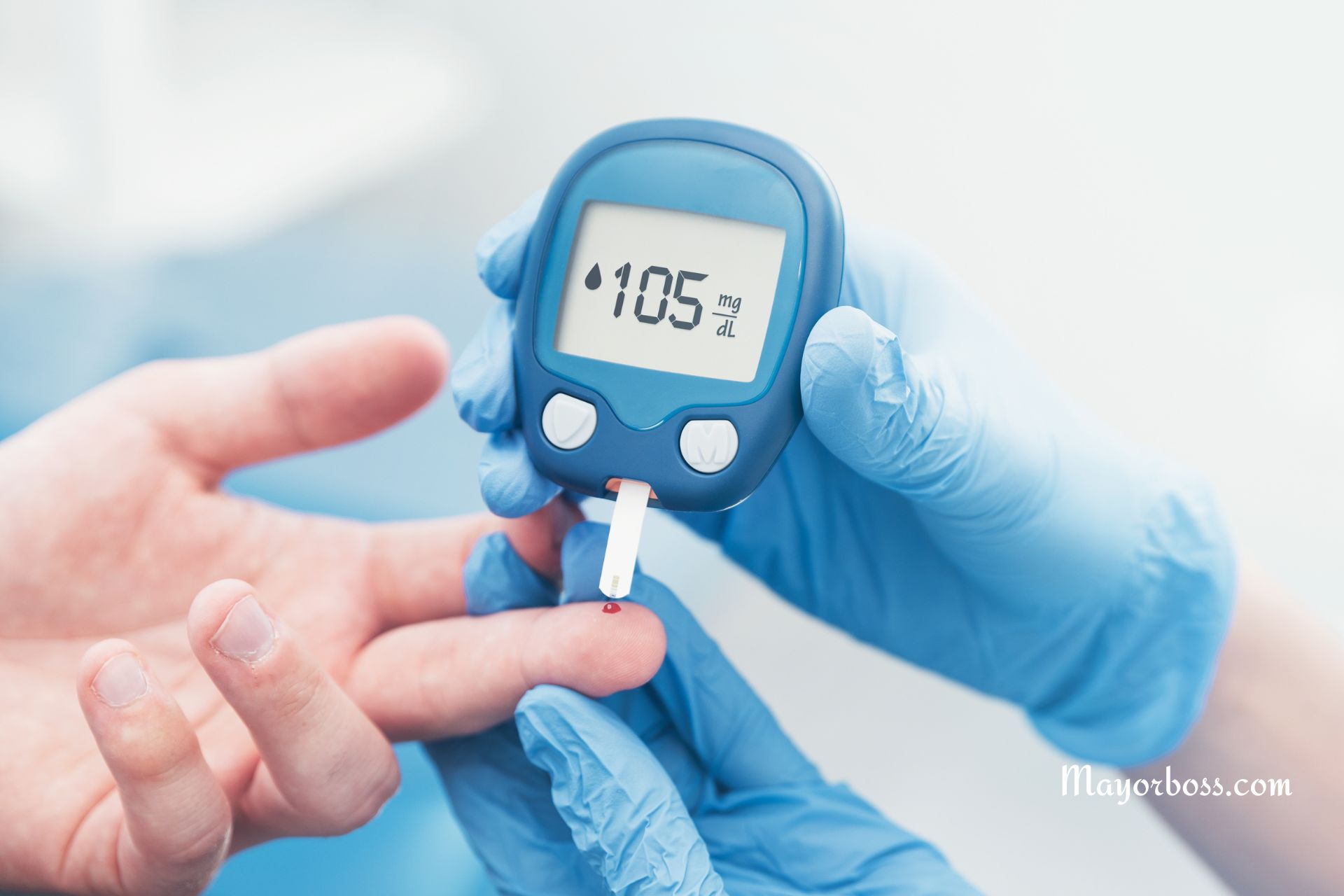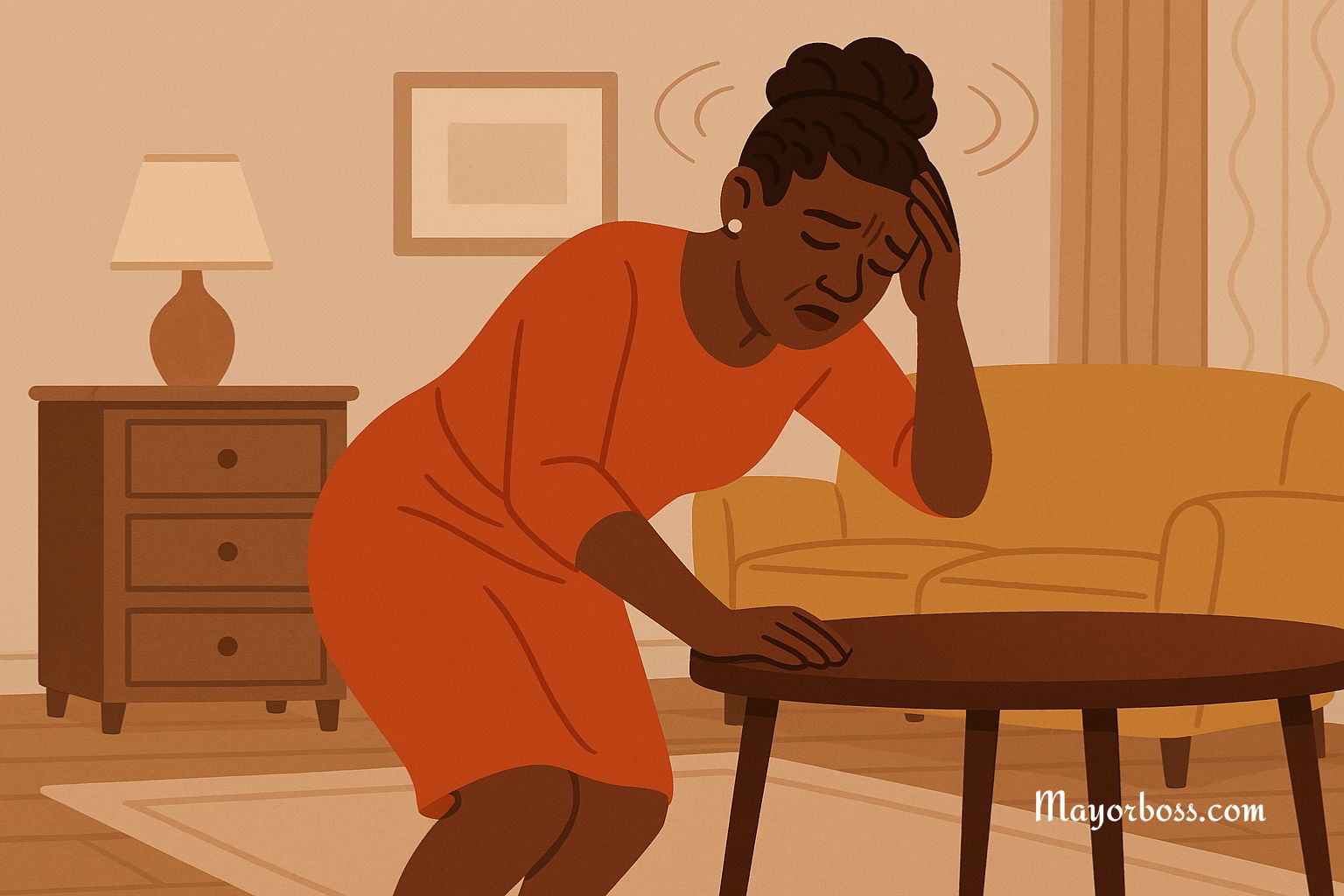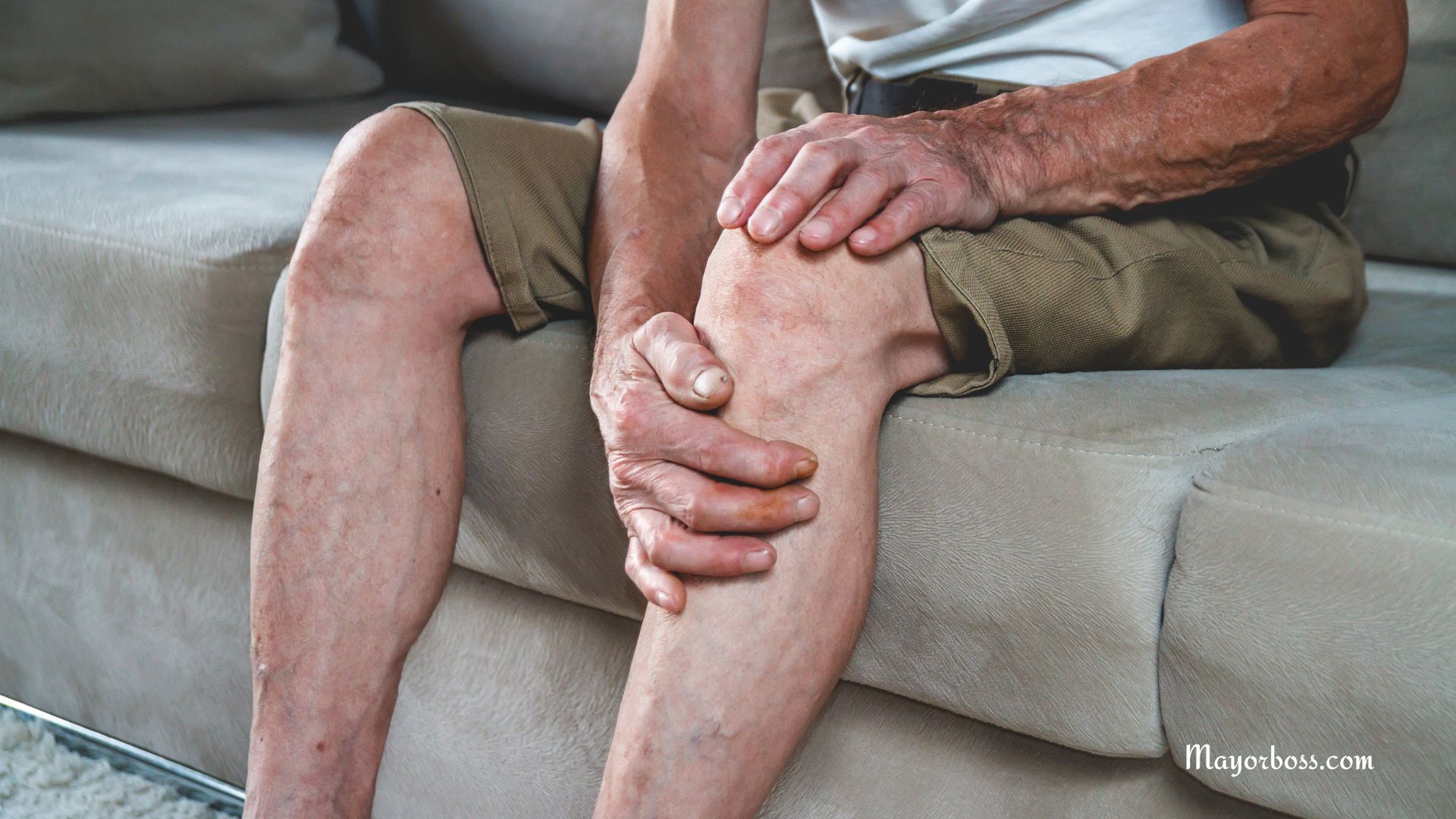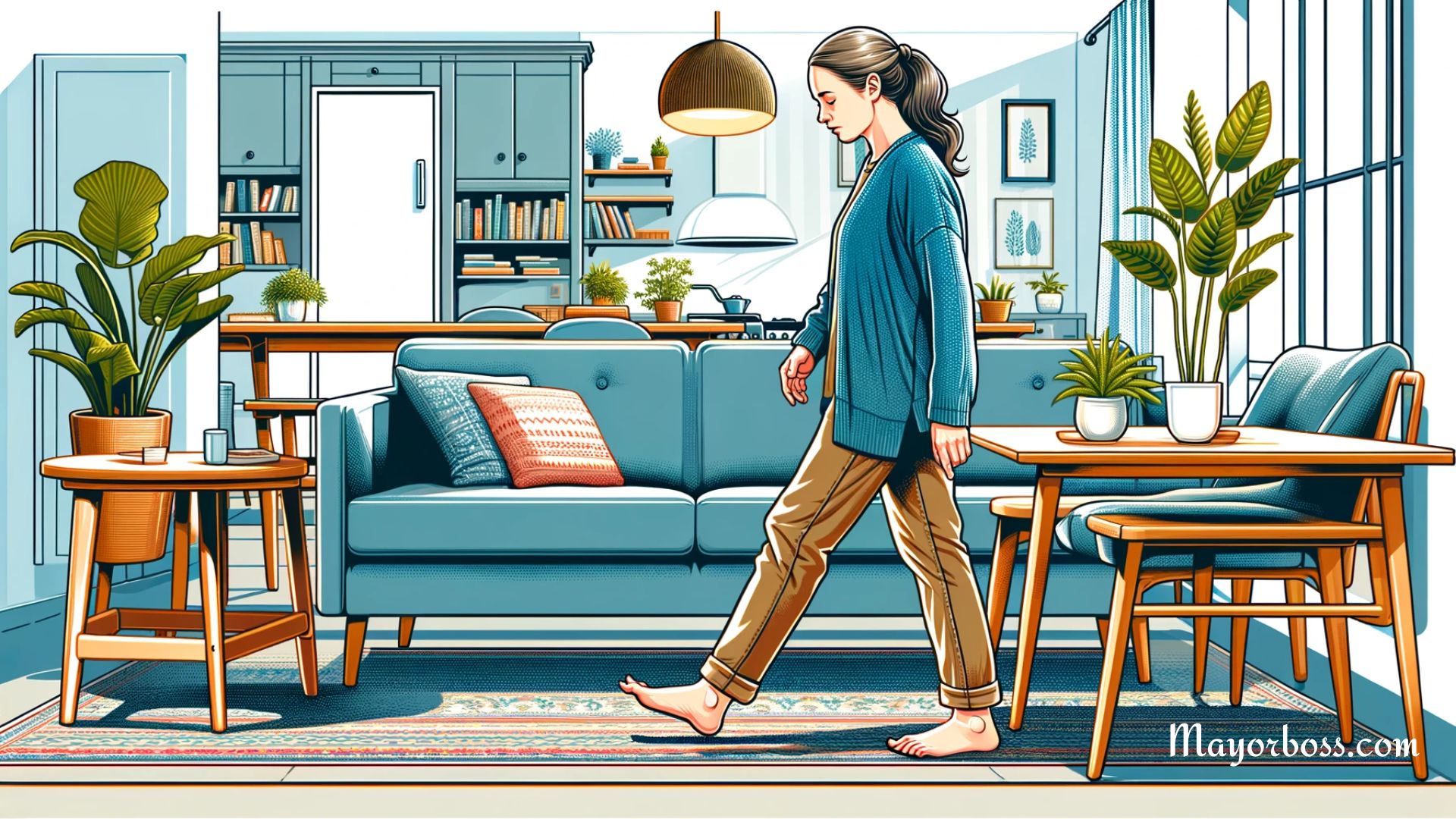10 Ways to Get Rid of Bloat
Are you looking for how to get rid of bloat? Bloating can be uncomfortable, making you feel full and your belly tight. It happens when your gastrointestinal tract fills with gas or air. But don’t worry! There are multiple ways to manage and reduce bloating quickly, from dietary changes to exercises and even massages.

Here is how to reduce bloating in the long term.
1. Watch What You Eat
Foods That Can Cause Bloating
Certain foods are well known to produce gas in the digestive system. Examples include beans, lentils, broccoli, cabbage, onions, and carbonated drinks. If you notice bloating after eating these foods, consider reducing your intake.
Opt for Probiotics
Probiotics are beneficial bacteria that live in your gut. They can improve digestive function and reduce gas production. Yogurt, kefir, and fermented foods like kimchi and sauerkraut are good sources of probiotics. Supplements are also available, but you should consult with a doctor before starting them.
2. Drink Plenty of Water
Drinking water can help to flush out excess salt from your body, which can be a cause of bloating. When you consume too much salt, your body holds onto water, leading to a bloated feeling. Aim for at least eight glasses of water a day.
3. Avoid Overeating
Even if you’re eating healthy foods, consuming large quantities in one sitting can make you feel bloated. Instead of three large meals, try eating smaller amounts more frequently throughout the day.
4. Massage Your Belly
A gentle abdominal massage can help stimulate the muscles and organs in the digestive tract, aiding in the release of trapped gas and relieving bloating.
How to Do It
Start by lying down comfortably. With a gentle touch, massage your abdomen in a circular motion, moving from the right lower part of your belly upwards towards your ribs, across and then down the left side. This follows the natural path of your intestines. Doing this for 10-15 minutes can provide relief.
5. Watch Out for Food Intolerances
When a person has a food intolerance, their digestive system can’t break down certain foods, which can cause gas, bloating, and other symptoms. Common culprits include lactose, gluten, and certain types of sugars. If you suspect a food intolerance, consult with a doctor or nutritionist.
6. Exercise Regularly
Physical activity can help gas pass through the digestive system. Even a short walk after a meal can make a difference. Regular exercise also keeps your digestive system healthy and functioning optimally.
7. Be Mindful of Air Swallowing
Did you know that you can swallow air when you eat or drink too quickly, talk while eating, or consume drinks with a straw? This swallowed air can cause bloating. Try to eat slowly, avoid talking too much while eating, and limit the use of straws.
8. Limit Artificial Sweeteners
Some people find that artificial sweeteners, especially those in sugar-free gums and drinks, can cause bloating. If you consume these products and feel bloated, you might want to cut back.
9. Herbal Remedies
Herbs like ginger, peppermint, and chamomile have been used for centuries to aid digestion. According to some studies, these herbs can reduce gas and bloating. You can try herbal teas or supplements, but always consult with a doctor before taking supplements.
10. Consider Over-the-Counter Remedies
There are several over-the-counter products designed to reduce gas and bloating. Examples include antacids and gas-relief medicines. However, it’s essential to consult with a doctor before using these products, especially if you’re on other medications or have health concerns.
When to See a Doctor
While occasional bloating is common and usually not a cause for concern, persistent bloating can be a sign of a more serious health condition. If you experience bloating regularly or have other symptoms like weight loss, severe pain, or blood in your stool, it’s crucial to see a doctor.
In conclusion, while bloating can be uncomfortable, many simple remedies can help. Making small changes in your diet and lifestyle can have a big impact. However, if you’re concerned about bloating or other digestive issues, always seek medical advice.

